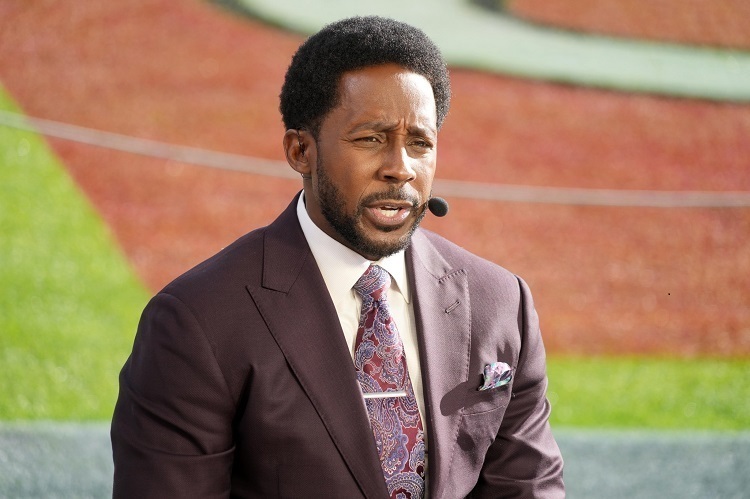I’ve been reading up on Aaron Swartz lately; he was an internet activist who rallied behind the idea that the internet is a common space where people share, take, create, and recreate ideas and information as freely as they wish. The ability to build off the work of others is a remarkable thing, but his goal was in flagging those that want to stop such a use of ideas. When I caught wind of Desmond Howard being brought to court by photographer Brian Masck for hosting a copyrighted photo of himself on his website, I smirked at first. But then I realized how telling it is about the walls people now put up around their creative works.
The Copyright Dilemma
Now, I’ve never been a huge fan of football, but what I am passionate about is Desmond’s claim to a photo of himself. Current copyright law permits artists ownership over their works for 20 years after their creation. The problem with this is that for some works this is an exceedingly long span. Consider Desmond. Though his glory days have passed, perhaps he wants to remember them by featuring the famous photograph on his website. However, 15 years have passed, not 20, which means that this photo of his likeness is not legally his to share.
Copyright builds up a wall between what we want to share and what we can share. But copyright in itself exists to stimulate the creation of works for the benefit of the public (this is by definition), and Swartz would argue that the rights of artists only matter in that it encourages them to create works that benefit us. Desmond finds himself in this position: an artist was encouraged to take a photograph both by his love of the sport and by the money he made by licensing it to Sports Illustrated, and in this example, copyright fosters what is known as an incentive to create. A decade and a half later, Desmond, who wishes to benefit from a work that was generated out of the copyright incentive, cannot, because copyright law is taking him to court over it. I find an element of absurdity in the fact that a court would even field such a claim to intellectual property.
What Happens When We Don’t Share our Photos?
I like to believe that whether you own a Nikon D600 or a Canon point-and-shoot, whether or not you even know what a telephoto lens is used for; one of the main reasons that we take photos is because we want to share them with others. But with the length of copyright terms, Desmond’s picture and many others are off limits for a long time. Should we also consider the copyright of the things being photographed? Is taking and selling an original photograph of the same scene copyright infringement? The answers are sometimes yes. All these situations fence off what is available to actually be shared. It is a development that Michael Heller coined the anticommons, and we should fear it.
Swartz spent his life trying to get people to understand the importance of freely spreading information on the internet, and I think the photography community can take something out of that. The internet has given us unparalleled ability to share our photos, memories, and art with each other, and we can preserve this growth in both the hobby and the profession by sharing our photos freely as much as possible. For if copyright creates a world where everyone races to exclusive ownership over their photography, there will be nothing to share, and nothing to photograph.
Bill Green is an engineering student and freelancer for Photo.net where you can read reviews of cameras and lenses by professional photographers.

